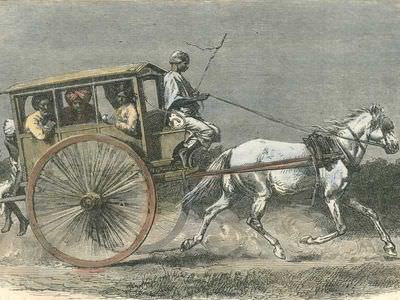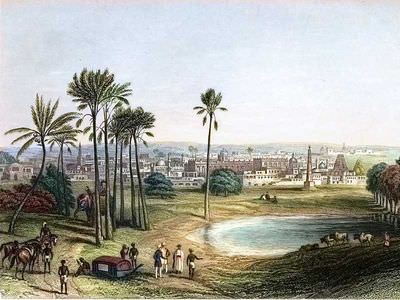Indian Communists and Trade Unionists on Trial: The Meerut Conspiracy, 1929-1933

The Meerut Conspiracy Trial, 1929-1933
The Communist Party has been a freely elected governing party in India more times than anywhere else in the world and it remains a mass party in India to this day. The Meerut Conspiracy Trial was an early turning point in its historyUniversity of Salford
Access the full collection
Get full access to Indian Communists and Trade Unionists on Trial: The Meerut Conspiracy, 1929-1933.
Institutional Free Trial
Sign up for a FREE trialSingle User License
Purchase a license below to view the full collection.
Already have a license? Sign in to view the collection
Study the controversial Meerut Conspiracy Case in British India

The Meerut Conspiracy Case was a controversial court case initiated in British India in 1929. It began with the arrest and subsequent trial of twenty-nine trade unionists, including three Englishmen. These men were collectively charged under Section 121A of the Indian Penal Code, it was alleged that they had attempted ‘to deprive the King Emperor of the sovereignty of British India… ordained by the Communist International’.
The Meerut Conspiracy Case was symptomatic of the British Government’s increasing fear of communist and socialist ideas in the early part of the twentieth century. The concern was that these ideals could undermine British rule on the Indian subcontinent, and would be propagated to the workers by the Communist Party of India (CPI).
Ultimately twenty-seven leftist trade union leaders were convicted. Far from discouraging communist ideas, this trial gave a public platform to the defendants and consolidated the Communist Party of India’s position amongst the workers.
Contents
Indian Communists and Trade Unionists on Trial: The Meerut Conspiracy, 1929-1933...
The Meerut Conspiracy Trial, 1929-1933
Discover
Volumes
Insights
- This collection contains autobiographical books written by Philip Spratt and Lester Hutchinson, two of the accused in the Meerut trial.
- Ben Bradley’s papers record his activities before and during the trial. Bradley's letters to his family include details of attempts to secure evidence and funds for his defence.
- India Office Records offer the perspective of the Government of India. Documents discuss the twin threats of communism and trade unions.
- The William Gillies papers include evidence of support from the labour movement in the UK. Documents include correspondence from the Trades Union Congress and League Against Imperialism.








